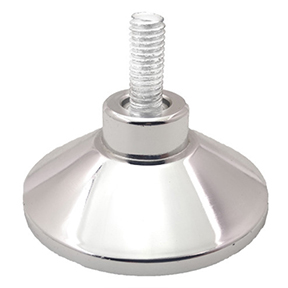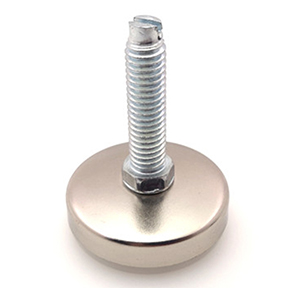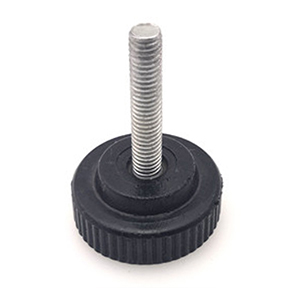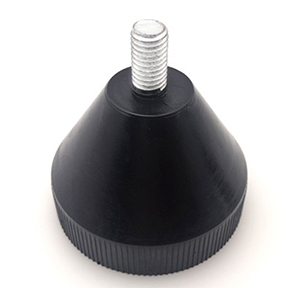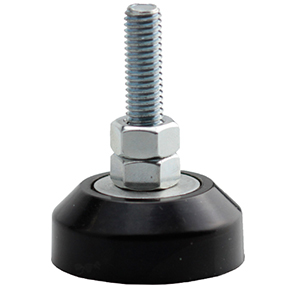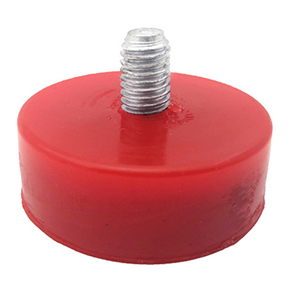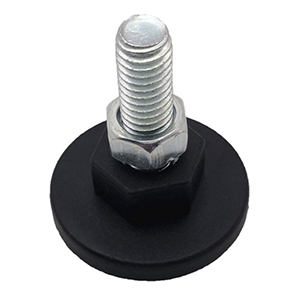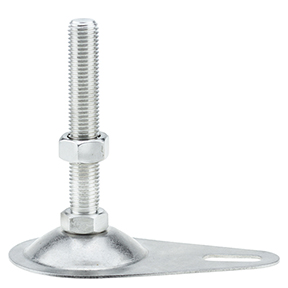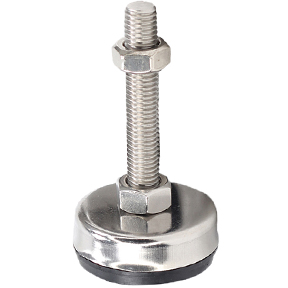Francois Hollande defends Syria weapons plan
2013-03-16 08:27:26
France's president has defended his plan to supply arms to Syria's rebels, as activists mark two years since the anti-government uprising began.
Speaking after an EU meeting, Francois Hollande said the rebels had given guarantees that weapons would not fall into the wrong hands.
France and the UK want the EU to lift its arms embargo, but Germany says it has not yet decided if it agrees.
An estimated 70,000 people have been killed and one million have fled Syria.
The status of the rebels has become one of the thorniest issues for foreign governments.
A number of explosions and suicide attacks have been blamed on armed groups believed to have links to al-Qaeda and the rebels.
Russia remains an ally of President Bashar al-Assad's government and opposes arming the rebels.
Continue reading the main story
Analysis
Chris Morris
BBC News, Brussels
David Cameron and Francois Hollande wanted to mark the second anniversary of the Syrian uprising by sending a clear message - we're not doing enough.
But the idea of lifting the arms embargo provoked heated discussion.Angela Merkel, who has yet to decide on Germany's stance, said at one stage that she did not want to be treated like an idiot.
EU Foreign Policy chief Catherine Ashton warned that the supply of weapons to the opposition could be used by Iran as an excuse to increase arms exports across the region.
The UK and France, though, are the most significant military powers in the EU, and when they act together on issues like this their arguments carry considerable weight. Foreign ministers will now take the debate forward. If no compromise is found, London and/or Paris could choose to go it alone.
But that would be controversial and would expose real splits in the EU. It would also mean the entire sanctions package could potentially fall apart. No-one in the EU wants that to happen.
The Syrian government characterises all of the rebels as "armed gangs" or foreign-backed "terrorists".
'Certainty' on weapons
The EU agreed the arms embargo in April 2011.
Both the UK and France now want it lifted, and have hinted that they could take unilateral action to help the rebels if EU leaders continue to support the embargo.
In a news conference, UK Prime Minister David Cameron said: "If we want to take individual action, [and] we think that is in our national interest, of course we are free to do so."
Mr Hollande later said he accepted that before any weapons could be delivered, the opposition must give "all necessary guarantees".
"It's because we have been given those [guarantees] that we can envisage the lifting of the embargo. We have the certainty on the use of these weapons," he said.
Both leaders insisted they were committed to finding a political solution, but said the world could not stand by and watch while massacres took place.
However, German Chancellor Angela Merkel said she had not reached a definitive position on the issue.
"The fact that two [countries] have changed their position is not enough for 25 others to follow suit," she said.
EU foreign ministers are expected to discuss the arms embargo again in Dublin on 22-23 March.
Continue reading the main story
Start Quote
Assad says he will die in Syria. Right now I guess he's feeling strong, still there after 2 years unlike some Middle East rulers ”
The UK has indicated that it might veto a forthcoming vote, due in May, to extend the embargo beyond its 1 June deadline.
The BBC's Chris Morris in Brussels says the French and British largely share the view that Russia and Iran are arming government forces, so providing weapons to the opposition is the only way to put pressure on the Assad regime.
However, our correspondent says Germany, Austria and Sweden are among the EU states believed to be reluctant to lift the embargo.
And the UN's top humanitarian official Valerie Amos said the move could make the job of aid agencies more difficult.
Long stalemate
To mark Syria's anniversary, the International Committee of the Red Cross urged world leaders to put pressure on both sides to stop attacks on civilians.
"It is deplorable that high numbers of civilian casualties are now a daily occurrence," said Robert Mardini, who heads ICRC operations in the Middle East.
Continue reading the main story
Syria: Who's arming who?
Government forces
Russia provided some 78% of Syria's arms in 2007-11; continues to supply weaponry and ammunition
Iran provides strategic consultation, intelligence and weapons, according to Israel
Iran and Hezbollah reportedly supplied paramilitary force made up of Shia and Alawite Syrians, known as Jaysh al-Shaab
Belarus firm accused by US of supplying Syrian military
Rebel groups
Saudi Arabia and Qatar reported to supply money and small arms via third parties from mid-2012
US says it provides "non-lethal" support but not weapons
"These ongoing violations of international humanitarian law and of basic humanitarian principles by all sides must stop."
The unrest began on 15 March 2011 with nationwide protests following arrests in the southern city of Deraa.
Rebels now control large sections of Syria, but the conflict has appeared to be largely in stalemate for months.
A number of vigils have already been held around the world to mark the second anniversary of the conflict, including in the South Korean capital, Seoul, and in Amman in Jordan, where children gathered in front of the Citadel for an event organised by Save the Children.
Meanwhile there is concern at the UN that Lebanon is becoming more entangled in the Syrian conflict, with a UN Security Council statement underscoring its concern about cross-border attacks and weapons trafficking.
Observers believe that Iran and Lebanon's Hezbollah militant group is increasing its support for the Syrian government.
Previous:China confirms Li Keqiang as premier Next:US to boost nuclear missile defence to counter N Korea
Related News
- Fracture repair knowledge ruled handwheel handle
- Troubleshooting ruled bakelite hand wheel and troubleshooting
- Ruled handwheel is a natural bakelite handwheel
- Bakelite valve installation, operation and maintenance
- New pressure-filled rubber mold bakelite handle
- Large hydro elastic metal plastic Thrust Bearing Technology
- Our robot industry development trends
- CNC machine tools towline Forecast
- Rotating the handle needle valve
- Rotation of the handle shut-off valve


